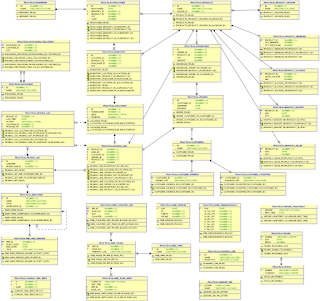Posts
Latest Posts
Learning by letting others workout in the Gym - #JoelKallmanDay
- Get link
- X
- Other Apps
The Care and Feed of Oracle User Groups - #JoelKallmanDay
- Get link
- X
- Other Apps
MASH - Mentor And Speaker Hub - is here for you
- Get link
- X
- Other Apps
Winners of DevGym SQL Championship for the 2020 tournament
- Get link
- X
- Other Apps
SQL Survey and Christmas Book Raffle Results
- Get link
- X
- Other Apps











